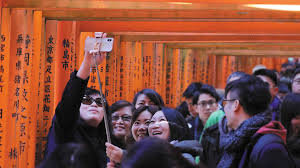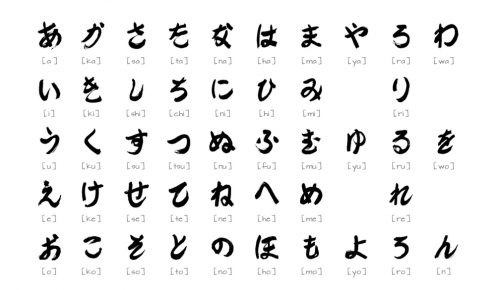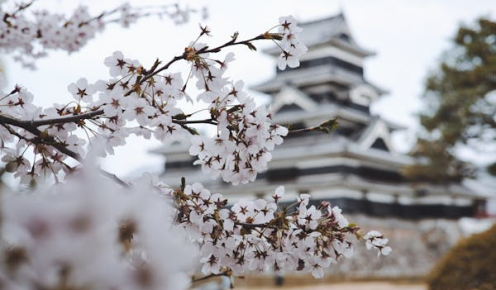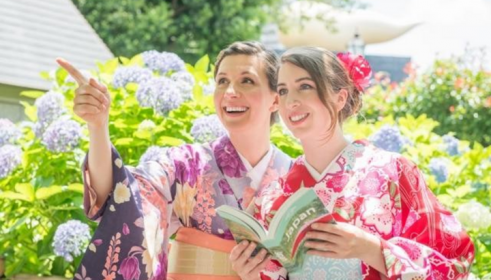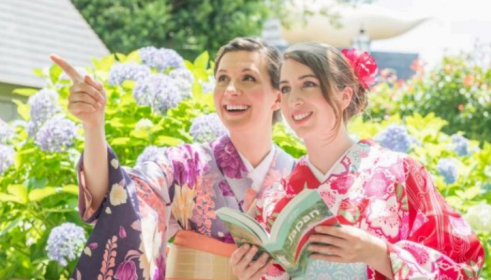Part-time Jobs are the Best and Easiest way to your Settle and Live in Japan dream.
It will be easier for you to get a part-time job in Japan if you are open to a variety of tasks such as cleaning, making beds, washing dishes, working as a grocery employee, a restaurant waiter, an assistant to a photographer, or a YouTuber, and so on.
Your Japanese language school in Japan will come in handy in this situation. They’ll set up an interview for you, and even if you don’t know much Japanese, you’ll most likely be employed (For jobs like cleaning the floor, making beds, doing the dishes, or factory work like carrying boxes, Waiter in a restaurant, Assistant to a Filmmaker or a YouTuber, worker at a Food- packaging house, etc).
Many feel …. What….. ? I will do these kinds of Jobs? They don’t suit my status…
But believe us when we say that these jobs are not deteriorated and that they pay well in Japan. In Osaka, the average (jikyuu- meaning hourly salary) is 990-1000 Yen, while in Tokyo, it is 1000-1100 Yen. On a student visa, however, there is a weekly maximum of 28 hours.
The officer will explicitly write and point out to you when you receive your residence card that since you are on a student visa YOU ARE ONLY ALLOWED 28 HOURS OF PART-TIME WORK IN A WEEK (you will find people who will allow you to work beyond this limit but I would suggest that don’t fall for such things as it is clearly illegal).
I asked him if he knew of any job openings (I was actually looking for teaching positions), we exchanged phone numbers, and the next day he offered me one at his restaurant. I had my first part-time job in Japan without even having an interview.
I worked there for only a few days and explained to the owner how I was looking for something else. My second バイト was at a pre-school. There too, I worked for only a few days since again it was not what I was looking for (it was actually a babysitting job and it was cute at first but it did not fit my job description).
Part-time work in Japan is, like any other thing, quite well organized.
The steps would be
1. You apply for the job
2. You will get a call. They will ask you a series of questions, including whether or not you are fluent in Japanese.
3. You will be contacted for an interview (in most cases they would ask you to wait for a week at least, but of course, exceptions are always there)You will be contacted again (if you are chosen) to discuss things like work schedules, day-offs, and so on.
4. You will be called again (if you are selected of course) to discuss things like work timings, day-offs, etc.
5. If you are not chosen, you will be notified via phone, text, or email.
I would advise you to pursue a job that you are passionate about rather than one that pays well (although most students are just looking for money). Why do I say this? For starters, these professions will drain you. Second, it is preferable to establish a strategy. For example, suppose you desire to work as a permanent teacher in Japan. Look for something that is similar to part-time job in this scenario. This will add to your experience and show prospective employers that you are serious about your work.
There are a number of places where you can look for arubaito of your choice :
1. Our series
2. Many apps like Baitoru Mainabi baito
3. Through your school
4. Ask a friend
5.On stations, magazines and newspapers are provided for free (would require good Japanese to read these)
6. Be like me, visit a restaurant (a convenience store or a supermarket) and ask for a job

